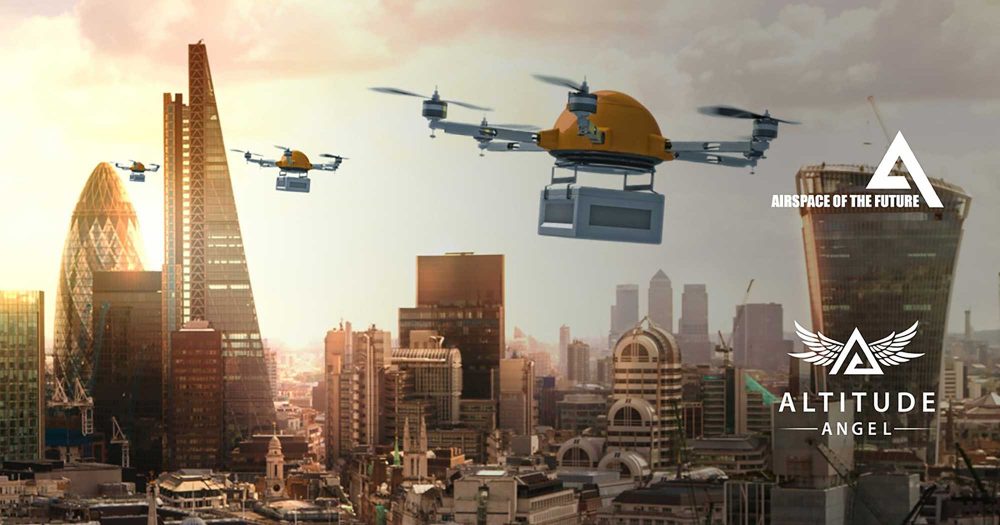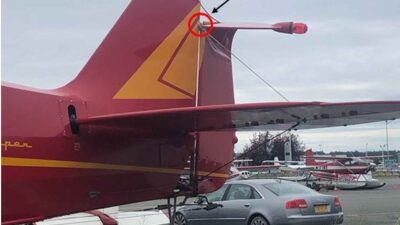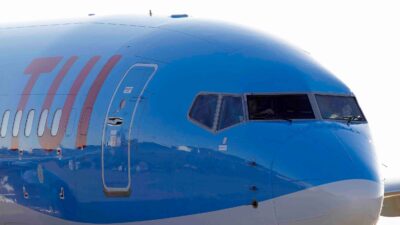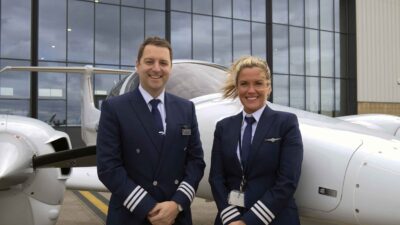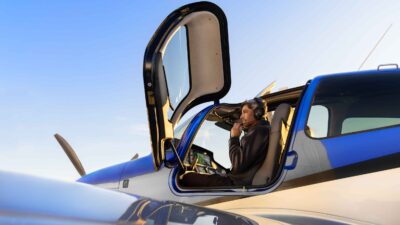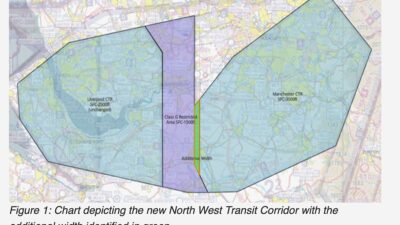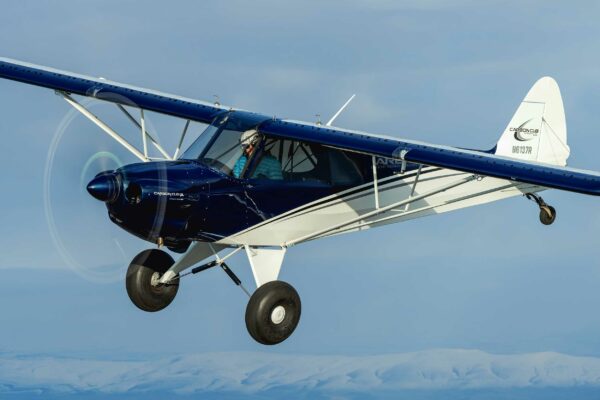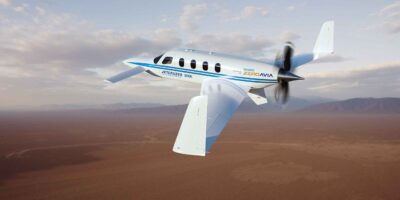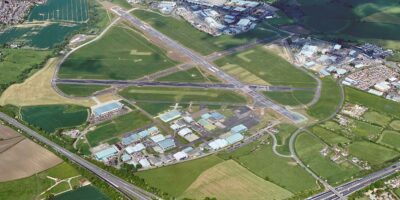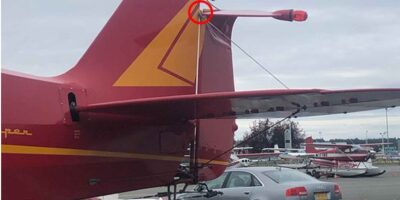Following hard on the heels of FLYER’s March of the Drones cover story (March 2021 issue), a consortium of nine organisations has been formed to integrate drone flights into the UK’s airspace.
The Airspace of the Future (AoF) Consortium brings together drone specialists, tech companies, academics and the retail sector.
The nine are:
They will work to integrate drone services within the wider UK transport ecosystem in response to UK Research and Innovation’s (UKRI) Future Flight Challenge.
The Future Flight Challenge itself is a government initiative supporting the development of new technologies in the UK, including freight-carrying drones, urban air vehicles, and hybrid-electric regional aircraft.
It is funded by £125 million from the Industrial Strategy Challenge Fund, which is, in turn, expected to be matched by up to £175 million from industry.
The Airspace of the Future project says it will work to integrate quieter, more efficient, and less polluting aircraft within the rest of the transport infrastructure, ensuring aircraft can fly to and from a cost-effective network of small operating bases.
The group will also develop the supporting ground infrastructure, regulation and control systems required to use these new aircraft practically and safely.
Alex Cresswell, CEO of Thales in the UK, said, “Today, Thales air traffic management systems control two-thirds of the world’s manned airspace, enabling two in three aeroplanes to take off or land safely. The opportunity to take this knowledge and experience into the fledgling Unmanned Traffic Management market is extremely exciting and will help revolutionise the sector.”
“We are pleased to be leading the Airspace of the Future Consortium, which will continue to drive innovation in the booming UTM market by applying new technologies to develop support ground infrastructure and air control systems.
“The consortium will help deliver new, more environmentally conscious ways of providing air services for tasks such as inspection, surveying, and the delivery of goods by drones.”


